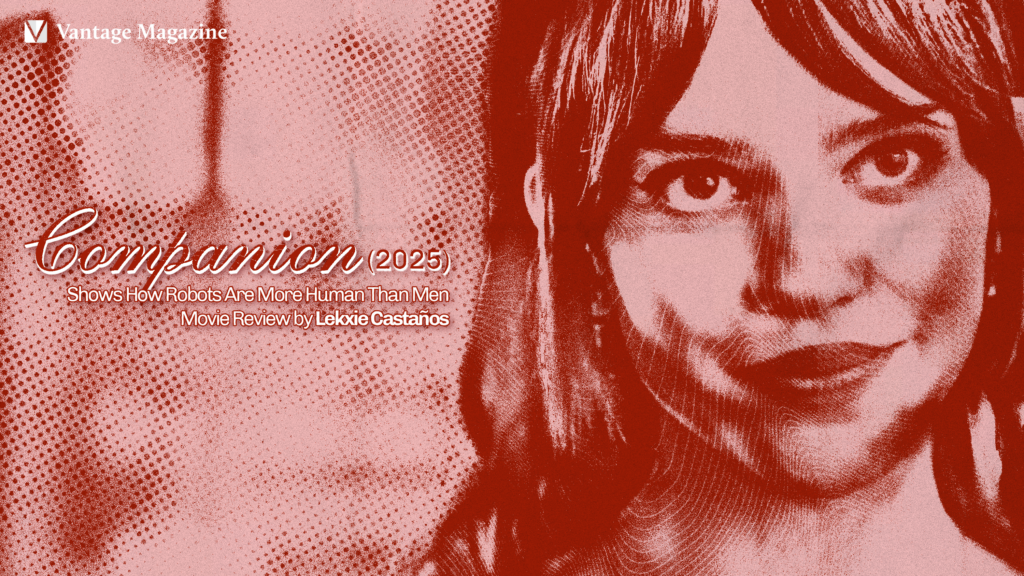
“I am happy when I’m beautiful.” These are the words protagonist Annie (Chai Fonacier) utters to herself as she goes through her skin-whitening regime. This short, yet impactful mantra is essential in director Jay Abello’s Pinay Beauty (She’s No White), which tackles Filipino beauty standards and the lengths to which some go to meet them.
The film showcases the lives of both Annie and her boyfriend, Migs (Edgar Allan Guzman). Throughout their relationship, Migs supports Annie’s dreams of going under the knife and transforming into Snow White. She immediately books the surgery of her dreams the second he gives her the funds to do so. Later on, she finds out that Migs sourced the money from a notoriously violent loan shark—kickstarting a wild goose chase as Annie, Migs, and their friends scramble to pay him back, or else.
Guzman and Fonacier are able to deftly convey the natural closeness that forms over long-term relationships. They are a believable couple—every intimate moment is easy, genuine, and adorable. The pair’s skillfulness is also seen through their individual characterizations of the two protagonists. Fonacier portrays Annie’s innocence in a way that enamors audiences, making it easy to rally behind her through every challenge. Guzman, on the other hand, guides Migs through his conflicting emotions extremely well. His raw acting seamlessly transitions his character from happy to frustrated and back.
The film’s most admirable quality lies in its method of discussing commonly-held Filipino beauty standards. Rather than asserting his beliefs regarding these standards through pointed dialogue, Abello allows Annie’s journey of coming to terms with her own beauty to speak for itself. This approach is refreshing, especially in a time when many voices express their own definitions of beauty.
However, there is still room for improvement—particularly in terms of structural polishing. The film occasionally inserts random animations that leave viewers confused, and it is unclear whether these are artistic representations of the characters’ thoughts or simply an odd transitional device. These unexplained scenes make the standard 105-minute runtime much longer than it seems.
Despite this, Pinay Beauty (She’s No White) offers an endearing and engaging story that cleverly navigates the topic of beauty. The gradual transformation of Annie’s mantra from “I am happy when I’m beautiful,” to, “I am beautiful when I’m happy,” leaves audiences with one clear realization—regardless of the standards you subscribe to, feeling beautiful in your own skin is what matters the most.
Photo retrieved from the Pista ng Pelikulang Pilipino Facebook page.





